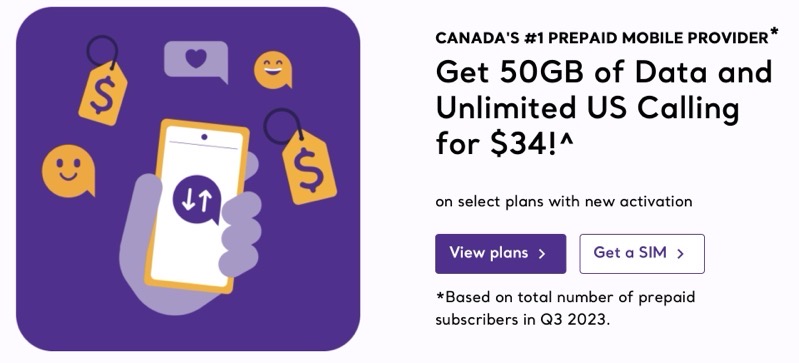
Rogers 5G on Schedule Despite U.S. Huawei Ban, “Happy” to Work with Ericsson
According to Rogers, the company’s 5G rollout plans are on schedule, despite the U.S. sales ban on Huawei.
Rogers senior vice-president of 5G, content and connected home products, Eric Bruno, said Tuesday at the Collision tech conference in Toronto, the company has a 30-year supply relationship with Sweden’s Ericsson, adding, “we’re very happy we’ve been partnering with Ericsson,” reports The Star.
Bruno said Rogers only uses “a little bit of [Huawei] equipment at the edge of the network,” detailing the company is setting up its infrastructure and ready to begin 5G employee and commercial trials later in 2019, while deployment with handsets from companies such as Samsung, will begin in 2020.
In contrast, rivals Telus and Bell have been using Huawei equipment for its legacy networks and planned 5G equipment bolt-ons. If Canada bans Huawei from 5G, following a move like the U.S., the move to replace network equipment would be costly.
Telecom industry consultant Eamon Hoey believes Telus and Bell picked Huawei hardware due to its cheaper cost, seen as up to 40% below the prices of similar offerings, which could be from European suppliers Nokia and Ericsson or even Samsung.
Back in February, Bell CEO George Cope said a potential ban on Huawei would not delay the company’s 5G network plans, saying, “If there was a ban or we chose a different supplier than Huawei for 5G, we’re quite comfortable all those developments would be addressed within our traditional capital intensity envelope and therefore, no impact from a capital expenditure program outlook.”
Unnamed telecom executives told The Globe and Mail last winter it would cost both Telus and Bell over a billion dollars combined to remove existing Huawei infrastructure.
The Trump administration’s U.S. sales ban on Huawei has resulted in Google’s latest Android operating system and services being blocked from the Chinese company’s smartphones. Huawei Canada has said existing smartphone users will still be able to receive security updates. For future devices, no word on how Huawei will respond, but the company has been working on their own mobile OS since early spring, hedging against a potential U.S. sales ban.


